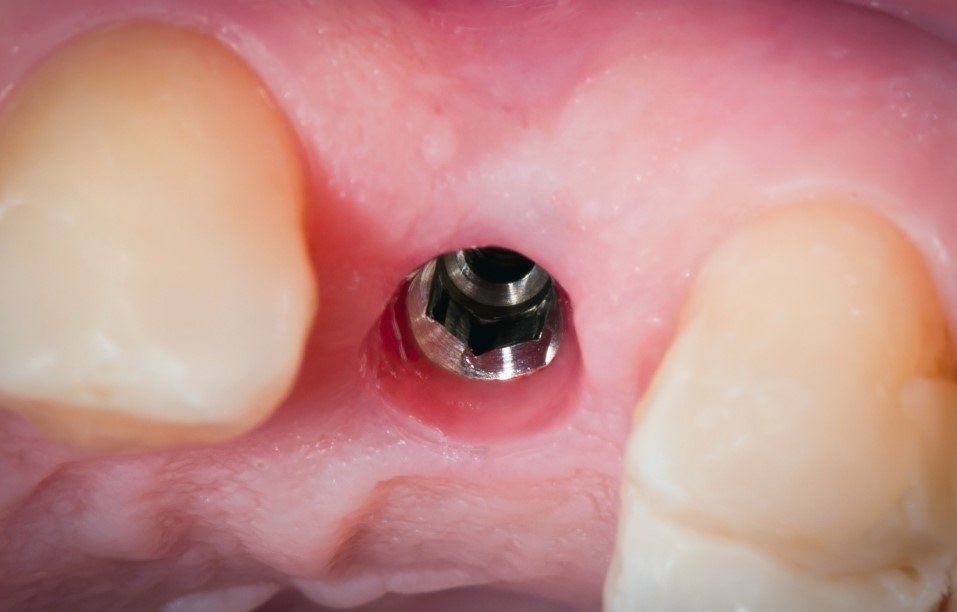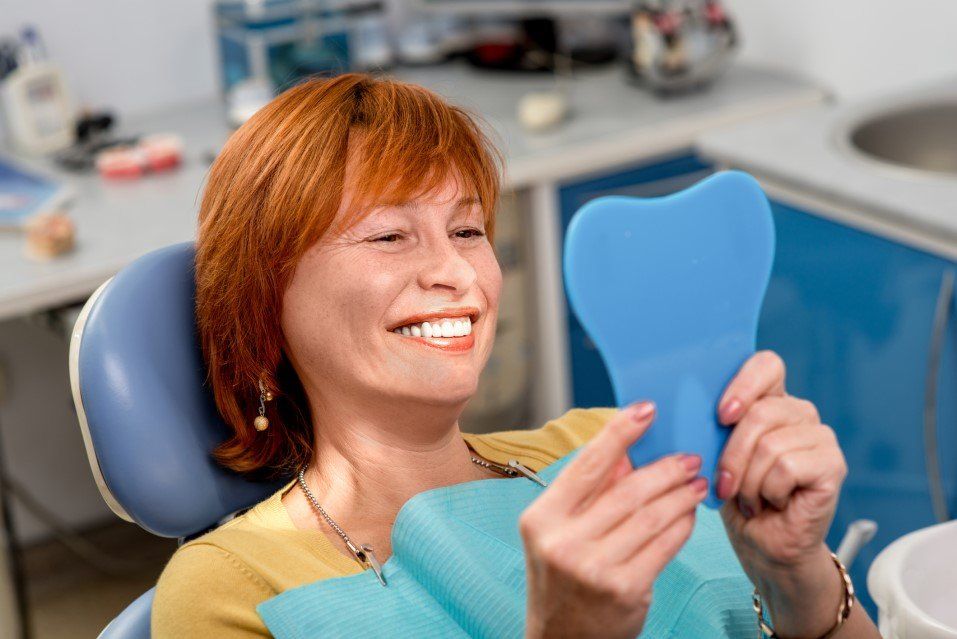Soft Tissue Grafting
Soft Tissue Grafting
What is Soft Tissue Grafting?
It is often stated by Dental Implant Surgeons that “soft tissue is the issue”. This is because long term oral health around your dental implant is reliant on the quality and quantity of soft tissue around the most exposed part of the implant and replacement crown.
Soft tissue grafting, similar to bone grafting is where adjacent soft tissues are moved or transferred to the dental implant location to support tor provide the ideal soft tissues quality and quantity around your dental implant.
In the previous sections on dental implants and bone grafting you have read about the importance of having the right amount of height and width of bone in the jaws to facilitate placement of your dental implant into the optimum location.
Having the implant in the correct location to provide you the ideal smile and function is often the most important issue to you however the long-term oral health of the surrounding mucosa (gums) is affected by how the soft tissues are placed around your dental implant.
As a Specialist Oral & Maxillofacial Surgeon, Dr John Webster is very experienced with managing soft tissue issues that can cause irritation, inflammation and pain around your dental implant.
Patients with soft tissue issues around their dental implants are often referred to the Oral Facial & Implant Centre for correction or management, however the best time to manage soft tissue problems is to prevent them in the first instance with precise planning of the ideal soft tissues around your ideal dental implant location.
At the Oral Facial & Implant Centre part of your initial consultation is to review and plan the ideal soft tissues around your dental implant which is all part of the planning Dr John Webster will discuss with sit down and explain with you.
If your Dental Implant Surgeon does not discuss soft tissue management with you then it is advisable to seek a second opinion as the long-term health and pain free success of your dental implant is connected to the soft tissue health around your dental implant and replacement tooth.
Why are the Soft Tissues so important?
Whilst the dental implant integrates/fuses to the jaw bone it is also very important for the soft tissues to form a tight collar around the embedded dental implant and tooth replacement structures such as the abutment or crown in order to prevent the buildup of food, plaque and bacteria that can result in inflammation, pain, bleeding and loss of bone from around the dental implant. In advanced cases a condition called peri-implantitis (inflammation around the implant) can form and ultimately lead to failure of the dental implant if intervention is not implemented early.
There a several types of soft tissue in the oral cavity with the most important being attached keratinized gingiva to form the tight collar around the dental implant. Planning adequate volume of this type of soft tissue is very important when planning the incision and approach to your dental implant placement.
Thick gum tissue is also better than thin gum tissue because it is more resistant to recession over time and it is more comfortable to brush. Thicker soft tissues also help to ensure that the metal portion of the implant does not show through and create a darker appearance in the implant area.
There are several types of soft tissue grafting that are also used in the oral cavity to improve the cosmetic appearance around dental implants and these are discussed below.
What types of Soft Tissue Grafting are available?
Connective-tissue grafts.
These are sometimes required in Dental Implant Surgery to facilitate adequate volume and contour of the appearance of the gums around your implants. Having a nice smile is affected not only but the colour, shape and position of your teeth but also by the colour, shape and volume of the gum tissue also on view in your smile.
During the procedure, a flap of the mucosa is raised in the roof of your mouth (palate) and then soft tissue from under the flap, called subepithelial connective tissue, is removed and then stitched/placed under the mucosa around the dental implant where volume is required. It is quite common at the Oral Facial & Implant Centre to perform connective-tissue grafting to provide the optimum cosmetic appearance for your smile.
Free gingival grafts. Similar to a connective-tissue graft, free gingival grafts involve the use of tissue from the roof of the mouth (palate or maxillary tuberosity) but instead of making a flap and removing connective tissue from under the flap, a small amount of the whole thickness of the tissue is removed and then sutured to near the implant area to support the natural soft tissues present in that location. This method is used most often in people who have thin gums to begin with and need additional tissue to enlarge the gums.
Pedicle grafts.
In this procedure, instead of taking tissue from the palate, it is grafted from gum around or near the tooth needing repair. The flap, called a pedicle, is only partially cut away so that one edge remains attached.
The correct type of mucosa/gum is then pulled over or down to increase the volume and thickness around the dental implant and tooth replacement components.
This procedure can only be done in people who have plenty of the correct type of soft tissue near the ideal dental implant location.
Other Grafts.
There are other grafting materials available that can be made from your own blood such a Platelet Rich Fibrin (PRF), or harvested from other species (Mucograft®), or synthetically made that can act as a scaffold to be replaced by your own cells leaving only the right type on new soft tissue in place in the right position.
These procedures add cost due the cost of the products purchased but have the benefit of not requiring an additional surgical site or wound in your mouth.
If you would like to know how we can help you further, or to book a no obligation dental implant consultation please phone 07 4580 4733
or alternatively request an appointment now online.






